
BY MATTHEW ENG |
The Hidden America of Dennis Hopper's Lost Photography
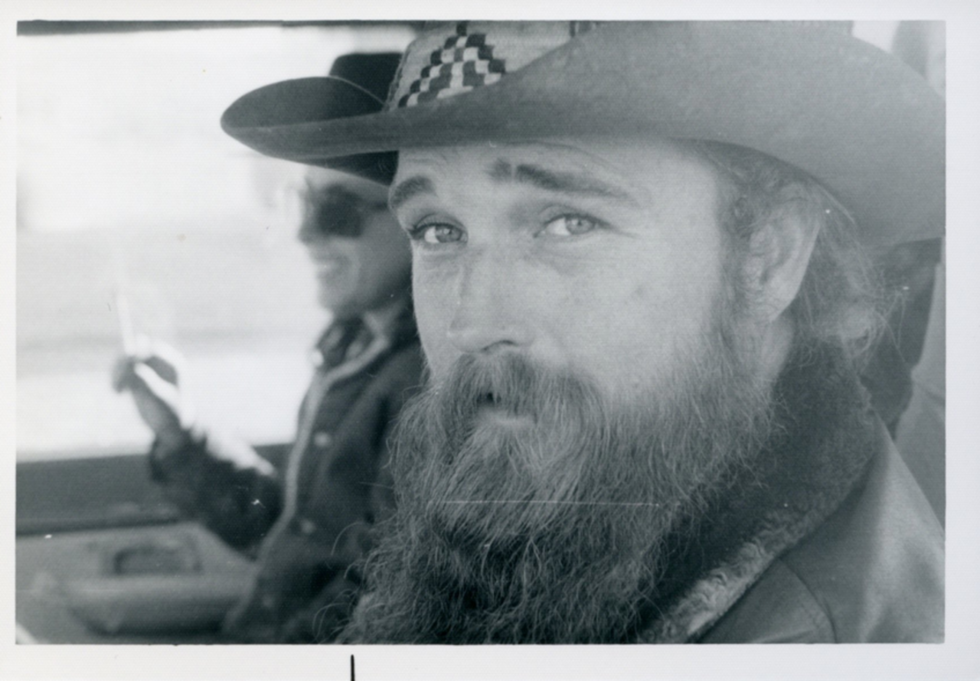
Dennis Hopper, the late, Oscar-nominated actor who won himself an envelope-pushing place in movie history as Blue Velvet's heartless, gas-huffing sadomasochist Frank Booth and as the writer, director, and star of 1969's era-encapsulating indie Easy Rider, just so happened to be a jack of many trades.
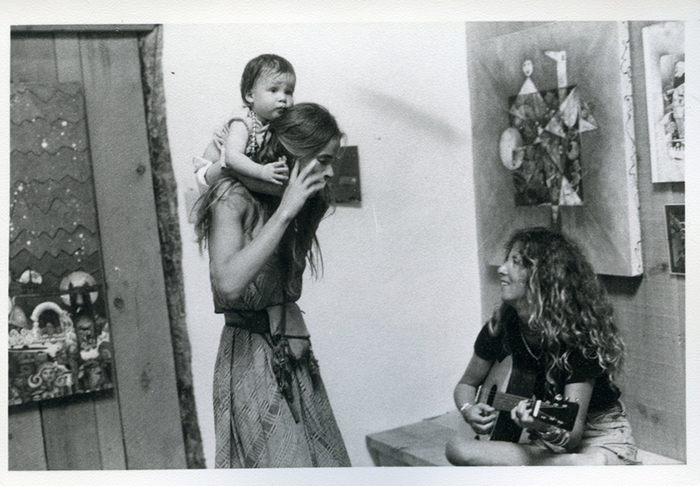
Hopper's talents expanded far past the world of Hollywood and moviemaking, while still embracing his artistic leanings. He was an expert painter, poet, collagist, gallery owner, and a passionate photographer, whose private and highly-personal work has been been published in a new photo book entitled Drugstore Camera.
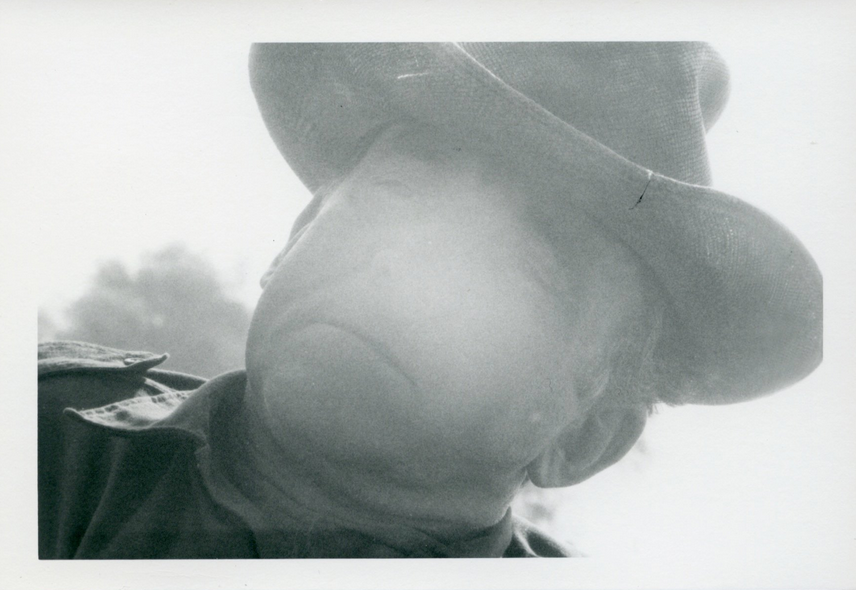
The book contains a collection of grainy, black-and-white photos taken by Hopper on a disposable camera between 1970 and 1972, when Hopper's professional and personal lives began to ebb before an uncredited role as a photojournalist in Francis Ford Coppola's Apocalypse Now launched a career comeback later in the decade.

The photos themselves offer grainy, gorgeous snapshots of the secluded, Southwestern America that Hopper so indelibly captured in Easy Rider, lingering on roadways, rest stops, ravines, and nameless drifters that are all lent a sort of rough, fleeting majesty by Hopper's casually off the cuff shooting style.
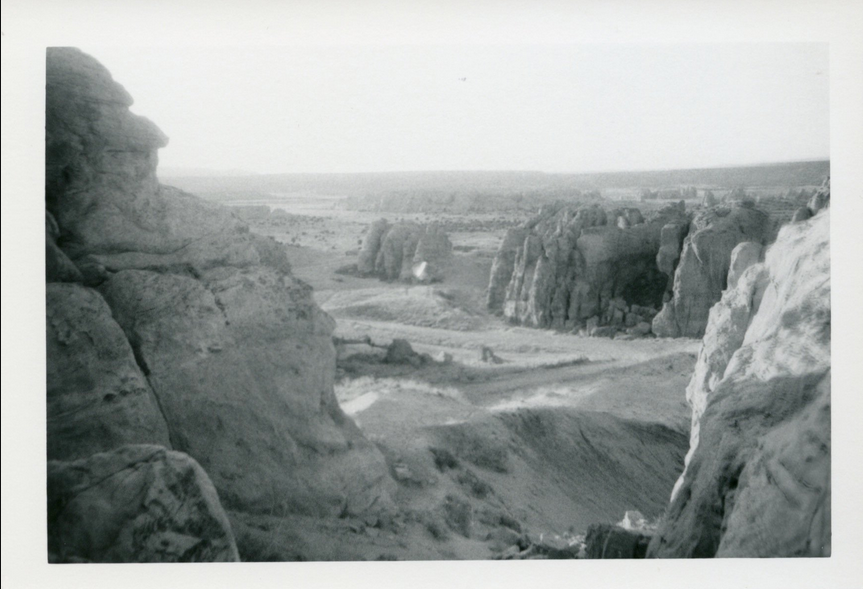
They pay fitting tribute to an iconoclastic spirit who always dreamt of being remembered as a photographer and who once told a critic attempting to dissuade him from the art form, "My lens is fast and my eye is keen."
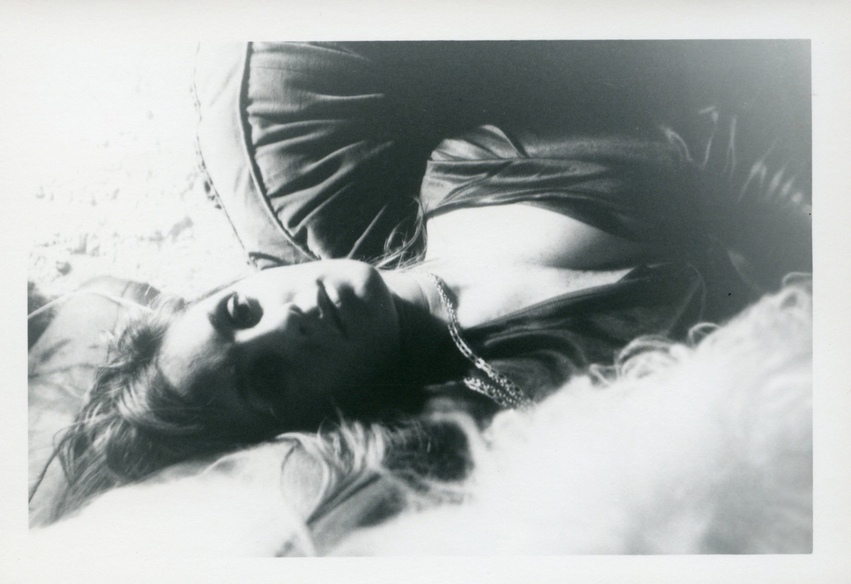
Indeed.